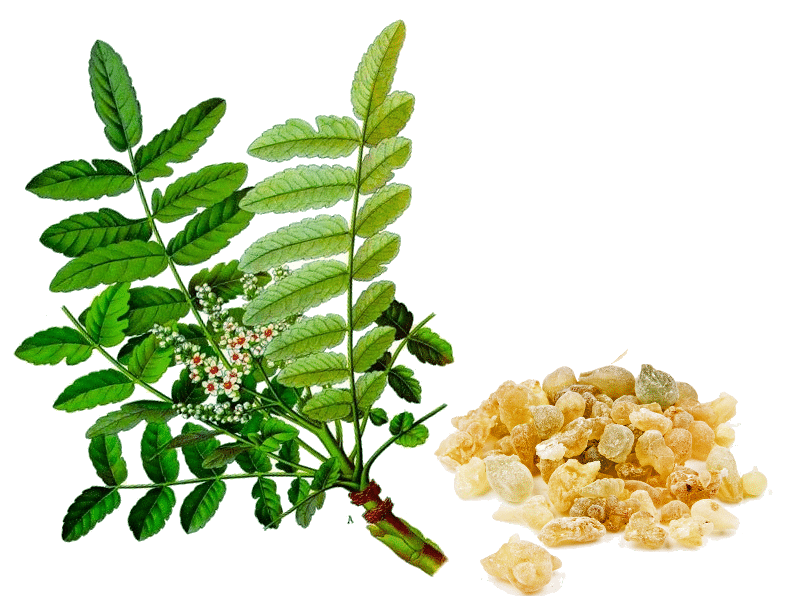
Can Acupuncture Help Arthritis?
To ease arthritis pain, you do not necessarily have to rely solely on pain pills and steroids; there are a few alternative treatments that may help you find relief, including acupuncture.
Table of Contents
- What Is Acupuncture and How Does It Work?
- What Conditions Are Treated With Acupuncture?
- What Happens During Acupuncture Treatment?
- Does Acupuncture Hurt?
- Is Acupuncture Safe?
- What Are the Advantages of Acupuncture?
- Does the Medical Establishment Approve of Acupuncture?
- Will My Health Insurance Policy Cover Acupuncture Treatment?
- How Often Should I Be Treated With Acupuncture?
- Can I Resume My Daily Activities Following a Treatment?
What Is Acupuncture and How Does It Work?
Sixteenth Century Chinese doctors believed that illness was due to an imbalance of energy in the body. In acupuncture, disposable, stainless steel needles are used to stimulate the body’s 14 major meridians, or energy-carrying channels, to resist or overcome illnesses and conditions by correcting these imbalances. Acupuncture is also thought to decrease pain by increasing the release of chemicals that block pain, called endorphins. Many acupoints are near nerves. When stimulated, these nerves cause a dull ache or feeling of fullness in the muscle. The stimulated muscle sends a message to the central nervous system (the brain and spinal cord), causing the release of endorphins (morphine-like chemicals produced in our own bodies during times of pain or stress). Endorphins, along with other neurotransmitters (body chemicals that modify nerve impulses), block the message of pain from being delivered up to the brain.
What Conditions Are Treated With Acupuncture?
Although acupuncture is not a “cure-all” treatment, it can be effective in treating several diseases and conditions. Acupuncture is most effective at treating chronic pain, such as arthritis, low back, neck or muscle pain, and pain after surgery. Some studies have shown it to be an effective treatment for dental pain, fibromyalgia, and nausea associated with chemotherapy. More studies are needed to see how effective acupuncture is to treat headaches, pain from shingles, facial pain and as an aid to quit smoking. It’s important not to rely on acupuncture for treatment of chronic or serious illness unless you see a doctor first. Acupuncture may not be the best way to improve your condition. Your healthcare provider may recommend acupuncture treatment along with other treatment methods such as physical therapy or medication. For certain conditions, such as cancer, acupuncture should only be performed in combination with other treatments.
What Happens During Acupuncture Treatment?
The acupuncturist, the person who performs acupuncture, will swab each acupoint area with alcohol before tapping a hair-thin, metal needle into the site. The number of needles used during treatment can vary and are placed at various depths. They are placed under the skin in carefully determined points on the body. After the needles have been inserted, they stay in place for several minutes to an hour. During the treatment, acupuncture needles are twirled, energized electrically, or warmed to intensify the effect of the treatment. When electricity is applied, a tingling sensation is common. However, if the sensation becomes too strong, you can ask your acupuncturist to reduce the electricity at any time. In a treatment series, the acupuncturist will use different combinations of points, different needling techniques, or both. These combinations help stimulate new sources of healing as the person’s response to treatment is observed.
Does Acupuncture Hurt?
You may feel a slight prick when the needle is inserted, but it is much less than the prick you feel during an injection since the needles are much thinner. You may feel a heaviness, numbness, tingling, or mild soreness after the needles have been inserted.
Is Acupuncture Safe?
Yes. When acupuncture is performed with disposable needles under clean, sterile conditions, and by a qualified practitioner, it is highly unusual to have any complications.
What Are the Advantages of Acupuncture?
One benefit to acupuncture is that it is a drug-free way to minimize pain. With drugs, people often develop a tolerance or the need for an increased dosage to achieve the same required effect. However, this does not happen with acupuncture. In addition, acupuncture allows the doctor to immediately examine a person’s response to the treatment and make adjustments if necessary.
Does the Medical Establishment Approve of Acupuncture?
Yes. There are approximately 6,500 licensed acupuncturists in the U.S. and 3,000 doctors who perform acupuncture as part of their medical practice. In addition, the World Health Organization currently recognizes more than 40 medical problems, ranging from allergies to AIDS, which can be helped by acupuncture treatment. Lastly, the FDA regulates acupuncture needles as medical devices.
Will My Health Insurance Policy Cover Acupuncture Treatment?
Some insurance companies will pay for acupuncture treatment. Because each insurance provider has different restrictions, it is best to consult with your provider to determine if your treatment will be covered.
How Often Should I Be Treated With Acupuncture?
The number of treatments required depends on each person’s condition and response to acupuncture. One acupuncture session does not usually result in lasting pain relief. Usually, at least two sessions a week for four to five weeks is a normal course of treatment. It may take several treatments before you notice any benefit, so try at least five or 10 treatments before giving up.
Can I Resume My Daily Activities Following a Treatment?
It is best to bring someone with you to your first acupuncture treatment so that you will have transportation home. This is because acupuncture may have a very calming effect. You may feel overly relaxed after the treatment and shouldn’t drive. No matter how good you feel after the treatment, it is important not to overextend yourself. You should take it easy for a few days after the treatment. In addition, it is important to continue taking your prescribed medications. SOURCES: National Center for Complementary and Alternative Medicine: ”An Introduction to Acupuncture.” Arthritis Today: ”Acupuncture Gets Respect.” National Center for Complementary and Alternative Medicine: ”Rheumatoid Arthritis and Complementary and Alternative Medicine.” The Arthritis Foundation: ”Alternative Therapies.”






